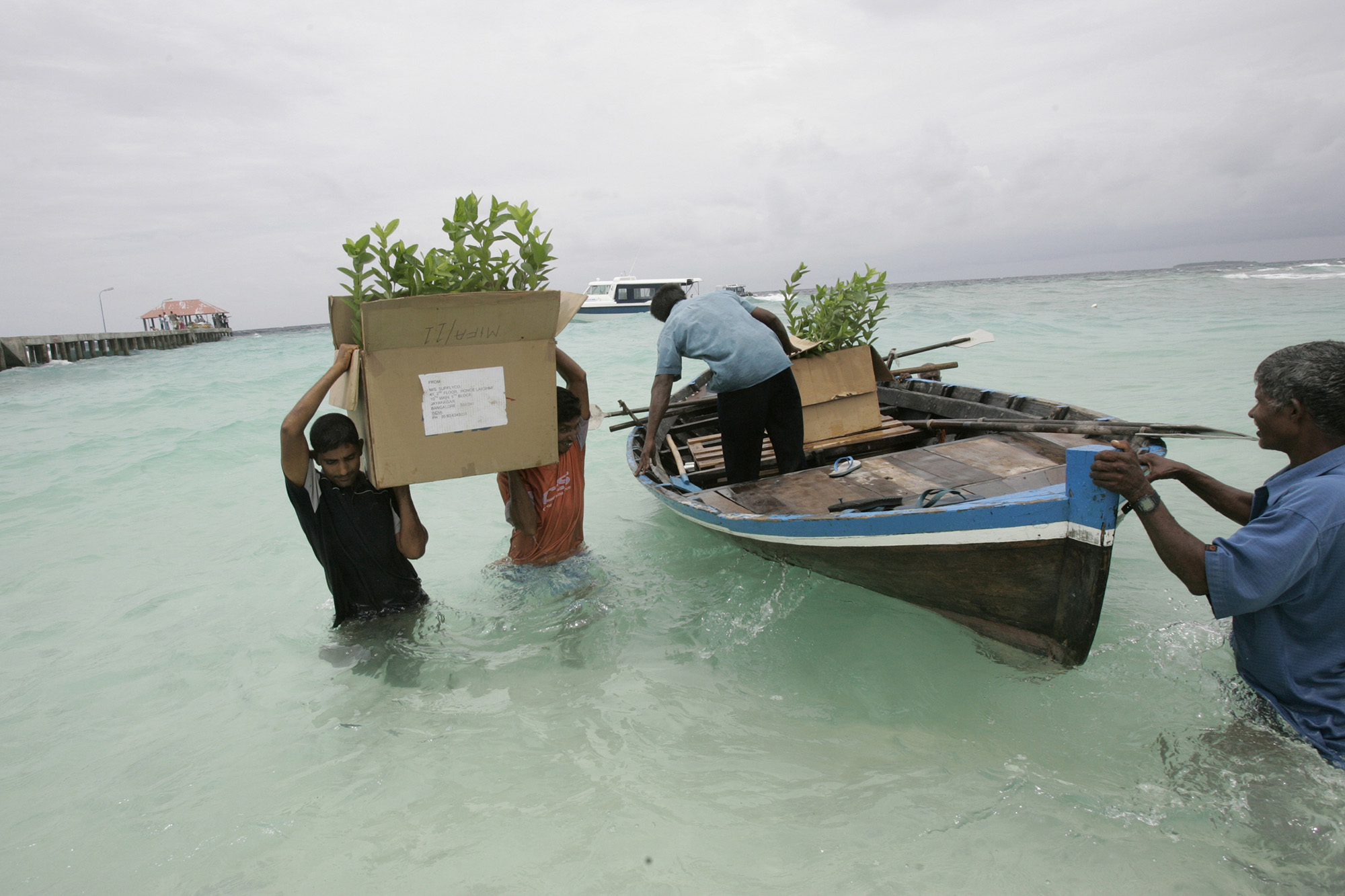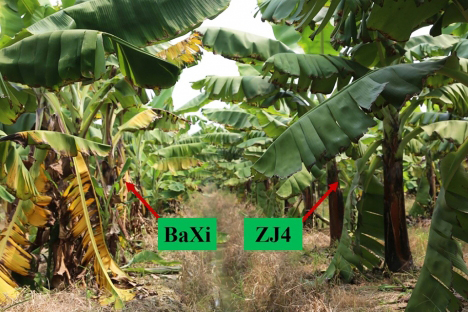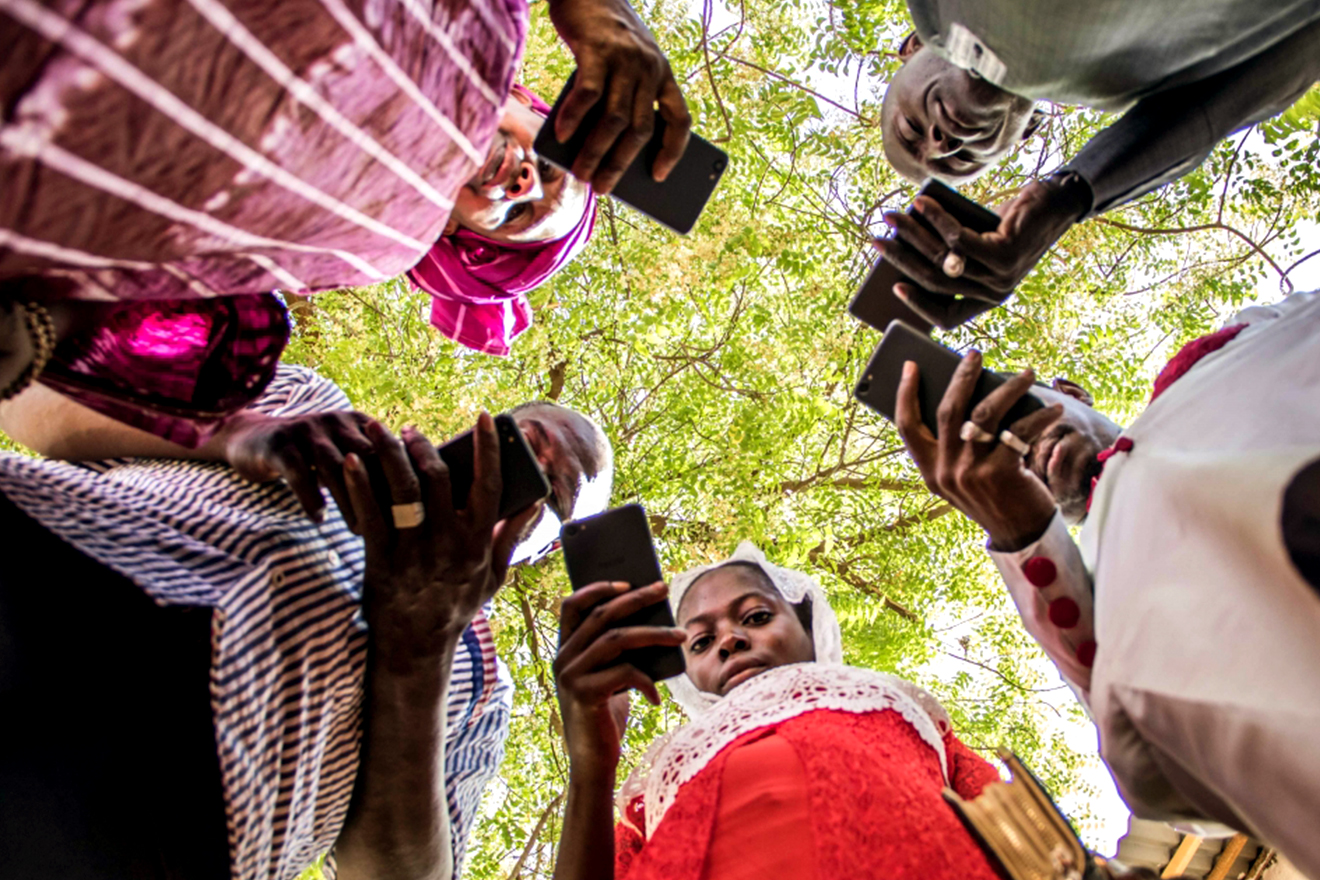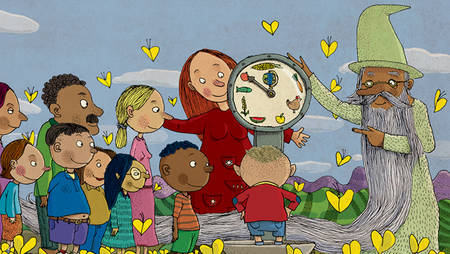While one in nine people goes to bed hungry every night, one-third of the food produced for human consumption is lost or wasted. Wasting food also increases greenhouse gas emissions and contributes to climate change.
Agriculture and Food
The Comoros imports about 70 percent of its food, and half of the people do not have enough to eat. With help from FAO, farmers have set up poultry groups and over 250 henhouses.
Rural women have unique knowledge, skills and experiences that are critical to promoting sustainable practices and combating the ill-effects of climate change. Economically empowered rural women, like those in Brazil, Kyrgyzstan, Mali, Nepal and Niger mentioned in this article, are key to the success of families, communities and national economies. Through their labour, they are maintaining and improving their children’s education, household health, food security and nutrition, and are thus indispensable in the attainment of the Sustainable Development Goals (SDGs).
The two agencies have worked with researchers to support the development of new varieties of various banana species that would be resistant to the fungal disease that threatens them.
After attending a beekeeping training conducted by FAO, Hassan Muhumed Abdilaahi now produces over 2,000 kilograms of honey each year, up from the 30 kilograms he produced in 2013. Beekeeping has been traditionally looked down upon in Somalia, mostly due to the lack of knowledge. Sixty percent of the population relies directly or indirectly on livestock activities. However, most people are unaware that beekeeping and processing hive products can be just as lucrative. “People perceive beekeeping as an unprofitable business,” said Hassan. “I know as a matter of fact that beekeeping is profitable.” In addition to keeping bees, Hassan now delivers trainings to pass on his wealth of knowledge.
Protecting Villages From Flash Floods and Improving Livelihoods in the Haor Basin Wetlands
Digital Innovations are Bringing Youth Back to Agriculture
Message of World Food Day 2019
As overweight and obesity rates soar worldwide, this year, World Food Day calls for action to make healthy and sustainable diets available and affordable to everyone. #ZeroHunger
Being healthy is everyone’s responsibility – including yours! Here are the different ingredients, or main food groups, that make up a healthy diet.









